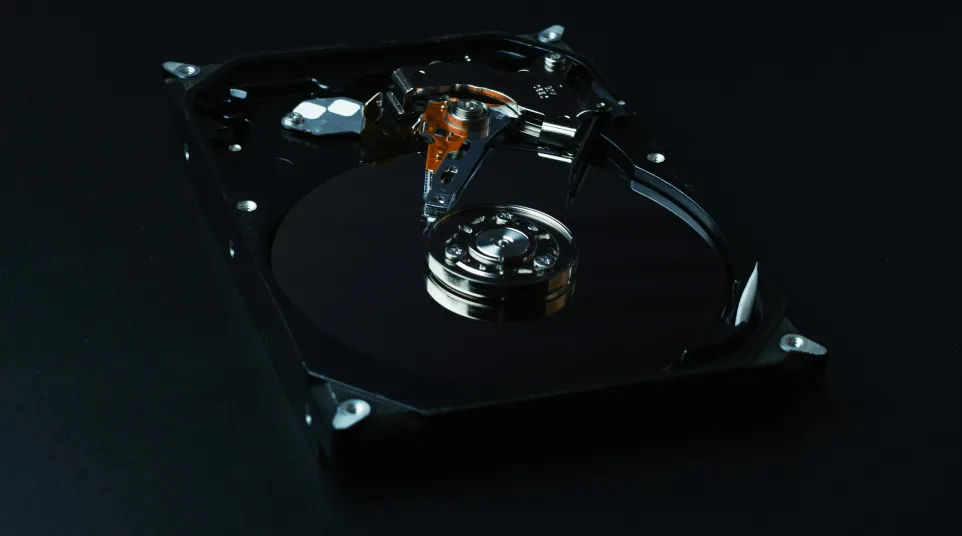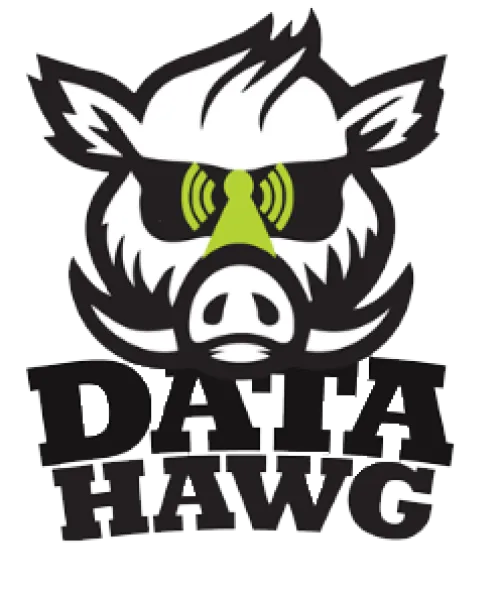A La Cart Services In Chicagoland

Cable Certification
Outdated or improperly certified data cabling can lead to slow network performance, frequent disruptions, and increased security risks. By recertifying your data cabling, you ensure your infrastructure is up to current standards and optimized for modern business demands. Here are three key benefits:
- Enhanced Network Performance: Recertified cabling eliminates bottlenecks and ensures consistent, high-speed connectivity, keeping your business running smoothly without interruptions.
- Compliance and Future-Proofing: Many industries require adherence to specific standards for cabling systems. Recertification helps you stay compliant with regulations like TIA/EIA and ISO/IEC while preparing your network for future technologies.
- Cost Savings and Longevity: Identifying and fixing cabling issues early can save you from costly repairs or replacements later. Properly certified cabling also extends the life of your network infrastructure, delivering long-term value.
Recertifying your data cabling isn't just a technical upgrade—it's a strategic investment in the reliability, security, and efficiency of your business.

Wireless Audits
A wireless network audit provides a comprehensive evaluation of your Wi-Fi infrastructure to identify inefficiencies, security vulnerabilities, and performance bottlenecks. Whether through passive audits (observing network traffic and environmental factors) or active audits (testing signal strength, connectivity, and speed), auditing your wireless network ensures it meets your business's needs. Here are five key benefits:
- Improved Network Performance: An audit helps identify dead zones, signal interference, and bandwidth bottlenecks, ensuring your network operates at peak performance to support critical business applications.
- Enhanced Security: By uncovering vulnerabilities like weak encryption or unauthorized access points, audits strengthen your network's defenses against cyber threats and unauthorized users.
- Optimized Capacity Planning: An active audit provides insights into user behavior, device connectivity, and data usage, helping you design a network that scales seamlessly with your business needs.
- Cost Savings: Pinpointing inefficiencies, such as overprovisioned or underutilized access points, allows you to optimize resource allocation, reducing unnecessary expenses and maximizing ROI on your network infrastructure.
- Regulatory Compliance: Wireless audits ensure your network adheres to compliance requirements, such as PCI DSS, HIPAA, or NIST standards, safeguarding your business from potential fines and reputational damage.
Auditing your wireless network is more than just troubleshooting—it's about creating a reliable, secure, and future-ready infrastructure that supports your business's growth and success.

Hard Drive Erasure
When disposing of sensitive data stored on hard drives, ensuring complete data destruction is crucial to protect your business from data breaches or compliance violations. While overwriting involves writing new data over existing files to make them unrecoverable, degaussing uses a strong magnetic field to erase the entire hard drive, including hidden or inaccessible areas that overwriting might miss.
Here are three key benefits of choosing degaussing over overwriting:
- Complete Data Erasure: Degaussing removes all data, including remnants in bad sectors, firmware areas, and other parts of the drive that overwriting tools cannot access. This ensures no trace of sensitive information remains.
- Faster and More Reliable Process: Unlike overwriting, which can take hours and depends on the drive being operational, degaussing works instantly and does not rely on the hard drive being functional. This makes it a more efficient solution for large-scale data destruction.
- Enhanced Security and Compliance: For businesses in highly regulated industries (e.g., healthcare, finance), degaussing meets strict compliance standards, such as HIPAA, PCI DSS, and NIST, for secure data destruction. It offers peace of mind knowing that sensitive information is irretrievable.
Degaussing is the preferred method for businesses that need guaranteed, secure, and complete data destruction before hardware disposal. It eliminates the risk of data recovery, protecting your business from potential breaches and liabilities.

Connect with Us
For more detailed information on how DataHawg can secure your business, contact us today.
Let us help you build a resilient cybersecurity posture that supports your business goals.
For inquiries and more information:
- Phone: (833) 328-2464
